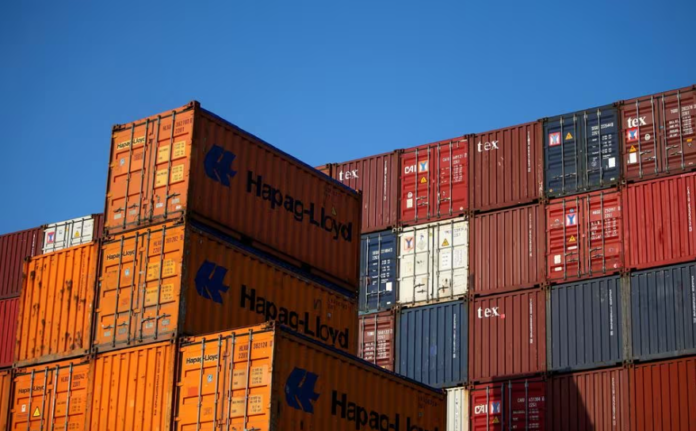Germany‘s chemicals sector, Europe‘s largest, is starting to feel the pinch from delayed shipments via the Red Sea, becoming the latest industry to warn of supply disruptions that have forced some companies to curb production, according to Reuters.
Crucial Asian imports to Europe ranging from car parts and engineering equipment to chemicals and toys are currently taking longer to arrive as container shippers have diverted vessels around Africa and away from the Red Sea and Suez Canal, following attacks by Yemen’s Houthis.
While German industry has got used to supply disruptions in the wake of the pandemic and Ukraine war, the impact of reduced traffic via the trade artery is starting to show, with Tesla’s, opens new tab Berlin factory the most prominent victim so far.
Germany’s chemicals sector, the country’s third-biggest industry after cars and engineering with annual sales of around 260 billion euros, relies on Asia for around a third of its imports from outside Europe.
“My procurement department is currently working three times as hard to get something,” said Martina Nighswonger, CEO and owner of Gechem GmbH & Co KG, which mixes and bottles chemicals for big industrial clients.
As a result of the delays, Gechem, which makes annual sales in the double-digit millions of euros, has lowered production of dishwasher and toilet tablets because it can’t get enough trisodium citrate as well as sulfamic and citric acid.
The company is therefore reviewing its three-shift system, Nighswonger said, adding the ripple effects from the transport squeeze could remain a problem for the first half of 2024 at least.
The company said it was trying to mitigate the impact by ordering earlier and switching to air freight, which is considered a stopgap because some chemicals are not allowed to be transported by plane.
German industry body VCI has long pointed to the dependence on Asian imports, saying that while production outages should be limited to individual cases, import delays via the Red Sea were an additional burden for an already weakened industry.
“The effects are particularly noticeable in medium-sized fine and speciality chemicals companies,” VCI chief economist Henrik Meincke said, adding these companies often source a sizeable proportion of their raw materials from Asia.
The Red Sea transport crisis comes as Germany’s economy is already under pressure due to a recession, as well as high labour and energy costs. According to S&P Global, Europe’s chemicals sector, along with cars and retail, is seen as the most vulnerable.
In addition to delayed imports, chemicals groups point to higher fuel costs, as tankers transporting crucial raw materials take around 14 days longer to arrive, adding these costs can only be partially passed on to customers.


